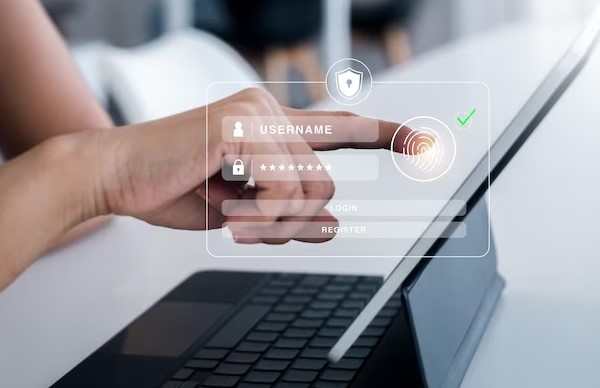Are you a business owner? If so, you probably know that staying ahead of digital threats is a frustrating balancing act.
After all, hackers are becoming increasingly sophisticated. To compete, you need to invest in technology and access secure locations. However, these steps can prove costly.
Many business owners don’t have a cybersecurity strategy. If you want to build a defense, what can you do?
Below are several tips for business owners to build a cybersecurity strategy for their business. If you’re looking for a few things to start with, here are a few cybersecurity tips to know.
Keeping your Systems Up to Date
Keeping your systems up to date is one of the most important things to avoid cyber threats. It’s also important to keep your network security up to date. Set up automatic updates on all devices and software to ensure that you don’t miss any critical updates.
It’s important to keep your hardware up to date as well. Old hardware may not be able to run the latest security software and may be more vulnerable to attacks. Regularly replace outdated hardware with newer models that have better security features.
Train your Staff
One of the most critical pieces of cybersecurity advice you can take as a business owner is to train your staff. Employees are often the weakest link in the security chain, and hackers know this. Educate them on how to recognize phishing emails and to use strong passwords.
By teaching your staff how to identify phishing scams and other online security threats, you can prevent cyber attacks before they happen. IT consulting firms can help you develop training programs that cover everything. Regular training will ensure that your staff is up to date with the latest threats.
Establish a Cybersecurity Strategy and Plan
To protect your business from cyber threats, it is crucial to establish a cybersecurity strategy and plan. You need to identify the potential risks and threats to your business. Define your security goals and install security measures.
Your cybersecurity plan must have incident response procedures. This helps your team respond to any security breaches or incidents. Additionally, it is important to review and update your plan for new and emerging threats.
Utilize Two Factor Authentication
Two-factor authentication is a simple way to enhance the security of your business. It adds an extra layer of security by requiring users to provide two forms of identification. This extra layer of security can reduce the risk of unauthorized access to sensitive data.

It’s an easy and cost-effective way to improve your business’s cybersecurity posture. But keep in mind that it is not foolproof and should be used in conjunction with other security measures.
Monitor All Systems and Networks
Recognize that cyber threats are evolving, so it’s essential to stay vigilant at all times. Regularly monitor all systems and networks for any signs of suspicious activity. Then respond to any potential threats before they cause serious damage.
It’s also a good idea to keep track of any unusual patterns or trends in your system logs. These can often be early warning signs of a potential attack.
Essential Cybersecurity Tips for Business Owners
Business owners need to stay vigilant to protect their businesses from cyber threats. Regularly updating software, using strong passwords, and continuously training employees are essential steps to combat cyber threats.
Utilizing these cybersecurity tips will help keep your business secure and protect your company data.




